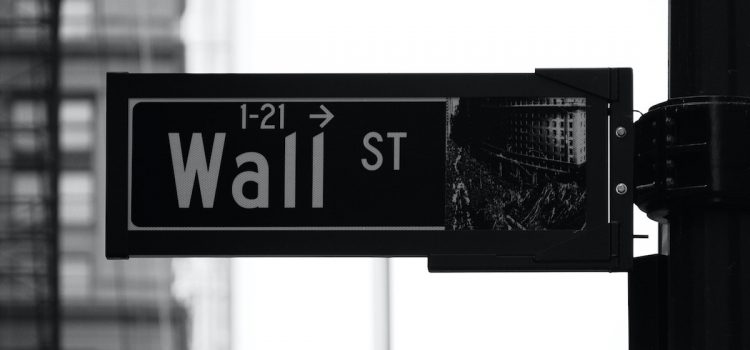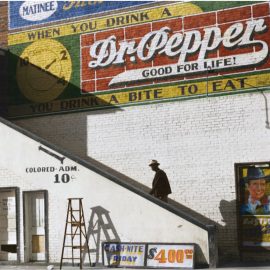

This article is an excerpt from the Shortform book guide to "Business Adventures" by John Brooks. Shortform has the world's best summaries and analyses of books you should be reading.
Like this article? Sign up for a free trial here .
What was the Salad Oil Scandal? How did it—and the JFK assassination—lead to a Wall Street bailout?
It was November 1963. Ira Haupt & Co. was in trouble. The firm had borrowed millions to invest in a company that turned out to be a fraud. Ira Haupt & Co. was about to go bankrupt, and its shareholders’ money was at risk.
Keep reading to learn about this historic scandal and subsequent bailout.
Scandal & Bailout
John Brooks narrates that, in November 1963, one of the NYSE’s member firms was in dire straits: Ira Haupt & Co. had borrowed millions from various US and UK banks to invest in Allied Crude Vegetable Oil & Refining Co., a company involved in the speculation of commodity futures contracts, particularly in cottonseed and soybean oil. (Shortform note: A commodity futures contract is an agreement to buy or sell commodities—food, energy, or metals—at a specific price on a specified future date. Cottonseed and soybean oil are important ingredients in salad oil, and so this case came to be known as the “Salad Oil Scandal.”)
The firm used Allied’s warehouse receipts as collateral; however, when oil prices dropped and Ira Haupt & Co. attempted to sell the Allied contract, the firm discovered that the receipts—amounting to $22.5 million—were counterfeit and, therefore, worthless. (Shortform note: A man named Anthony “Tino” De Angelis owned Allied, and the salad oil scandal wasn’t his first scam. He had previously defrauded the U.S. government through the National School Lunch Act. De Angelis served a seven-year jail term for the Allied affair and, upon his release, started an unsuccessful Ponzi scheme.)
With massive debts and insufficient capital reserves, Ira Haupt & Co. was on the brink of insolvency; its 20,000 stock market customers were in danger of losing their money due to the firm’s reckless investment in a fraudulent company. The situation was exacerbated by news of JFK’s assassination, which sent the market into a tailspin. NYSE officials worried that the combined effect of the death of a president, the news of innocent investors losing millions, and the potential loss of public trust in the Exchange might lead to an unmitigated financial disaster. A Wall Street bailout was the answer.
(Shortform note: This perfect storm of unfortunate events is what former options trader Nassim Nicholas Taleb might classify as a “black swan.” He writes that black swans are extremely unpredictable events that are rare and disproportionately impactful. While some people—like Bridgewater’s Ray Dalio—believe that studying history helps us predict future events, Taleb argues that some events are completely random and, thus, inherently unpredictable.)
Brooks writes that the NYSE convinced its member firms to put up a total of $9.5 million to reimburse Ira Haupt & Co.’s customers’ investments. As the market was closed for a day for JFK’s funeral, NYSE officials also had enough time to negotiate with Ira Haupt & Co.’s U.S. and U.K. creditor-banks for more manageable terms. The banks agreed to cut their losses, eventually recovering only about half of what they were owed.
(Shortform note: While the NYSE insisted that its rescue of Ira Haupt & Co. shouldn’t set a precedent, it did put new measures in place: The NYSE assigned a committee to determine how to better prepare for similar scenarios in the future and considered establishing a reserve fund to help other insolvent member firms. Such plans had their pros—protecting small investors—as well as their cons—potentially encouraging member firms to take even bigger risks.)

———End of Preview———
Like what you just read? Read the rest of the world's best book summary and analysis of John Brooks's "Business Adventures" at Shortform .
Here's what you'll find in our full Business Adventures summary :
- A collection of essays about the unpredictability of corporations and Wall Street
- How businesses and economies can rise and fall based on people’s behavior
- A look at the major events that shaped the financial world as we know it






